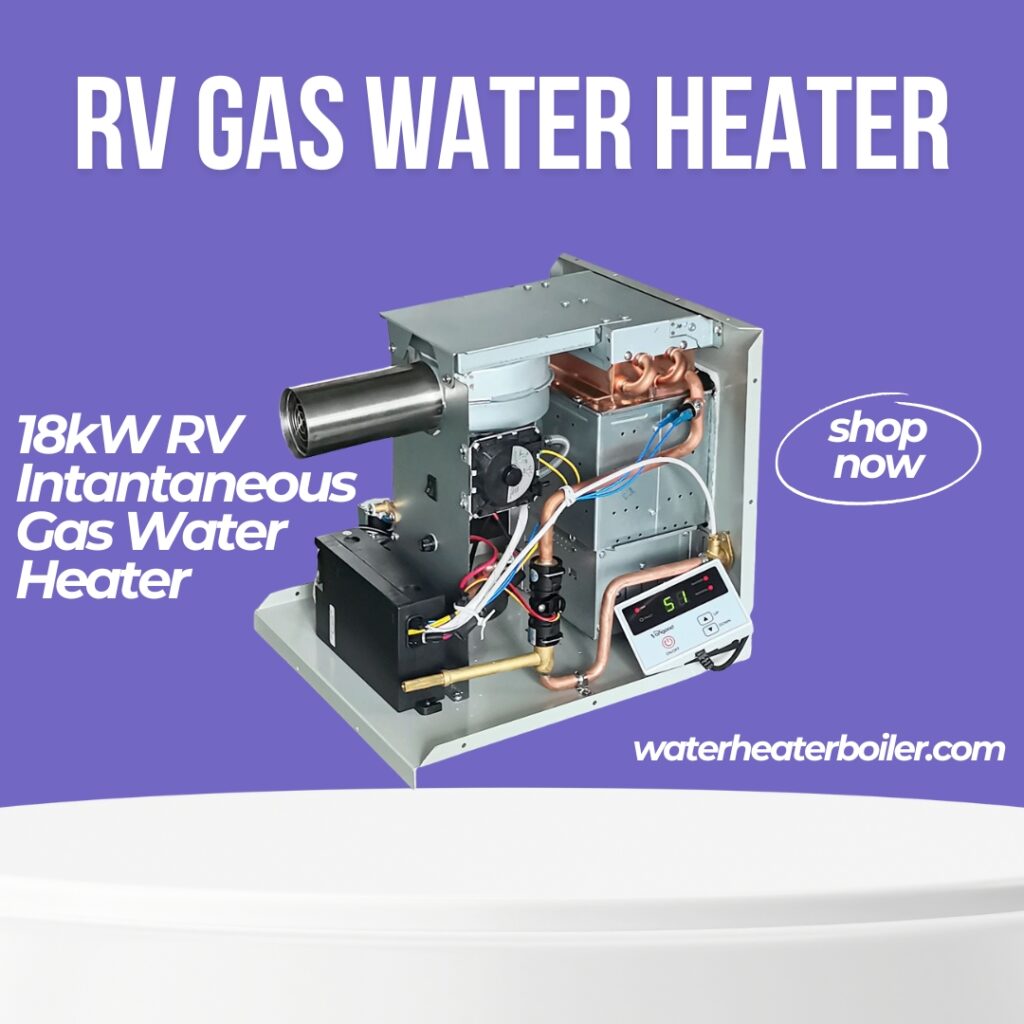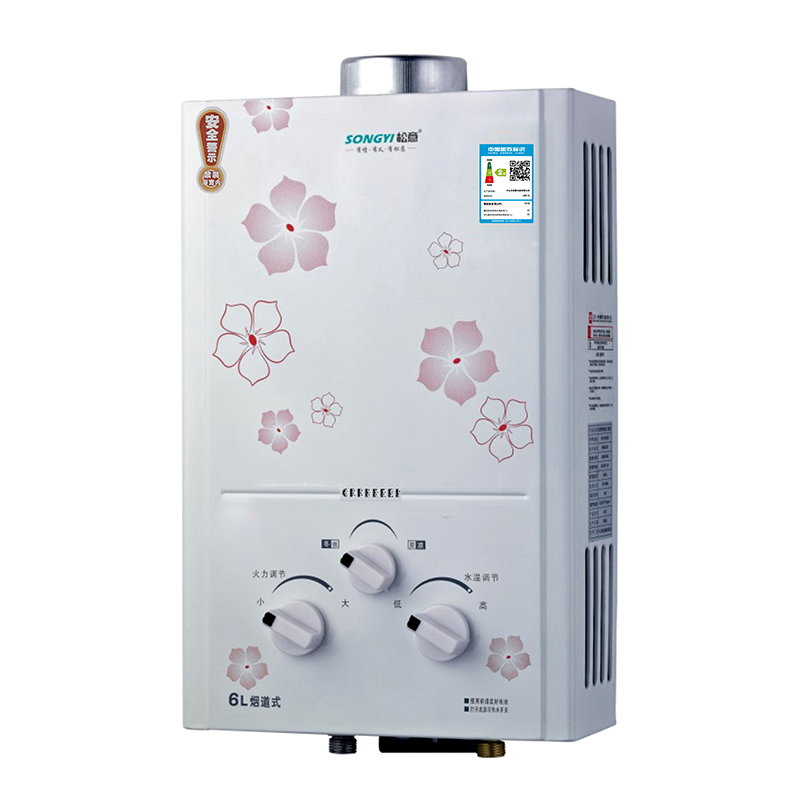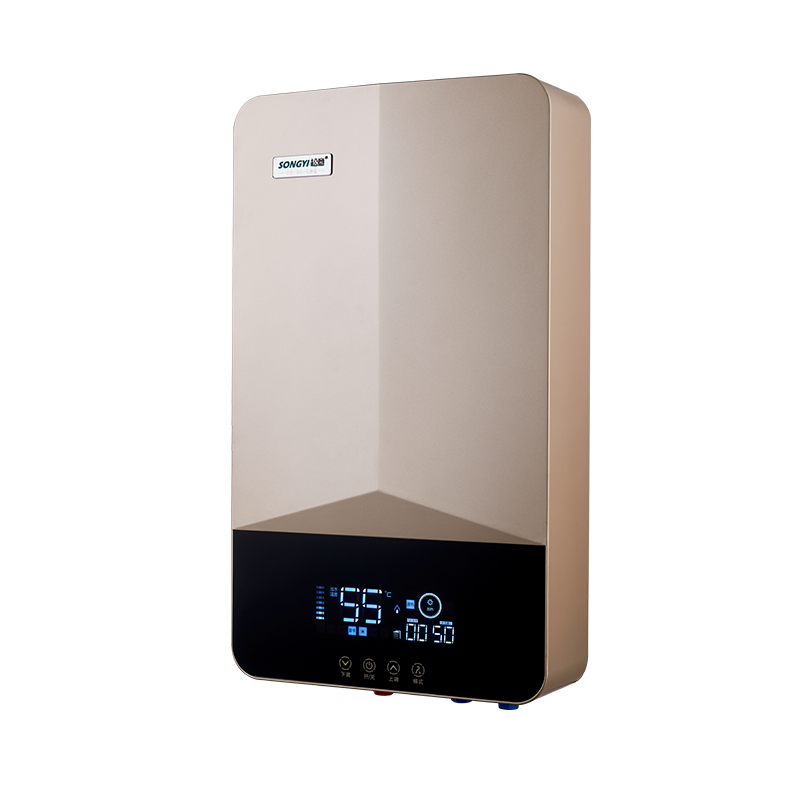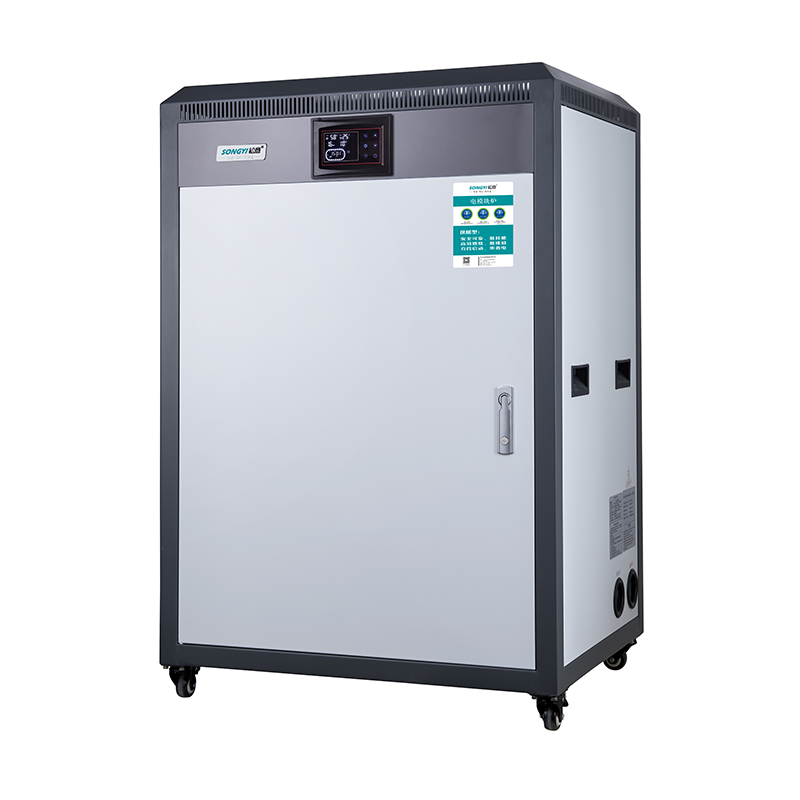When you’re on the road, comfort and convenience are paramount, especially when it comes to having access to hot water. The RV Gas Water Heater is designed to provide you with instant hot water, making your camping experience more enjoyable and hassle-free. Whether you’re cooking, cleaning, or simply enjoying a warm shower after a long day of adventure, a reliable gas water heater ensures that you never have to compromise on comfort.
Unlike traditional water heaters, which can take time to heat water, the RV gas model offers a continuous flow, allowing you to enjoy hot water on demand. This efficiency is perfect for RV enthusiasts who want to maximize their time spent exploring the great outdoors without sacrificing the comforts of home.
Additionally, modern RV gas water heaters are compact and lightweight, making them easy to install and fit seamlessly into your RV’s existing setup. With advanced safety features and energy-efficient technology, these heaters not only provide peace of mind but also help reduce your overall energy consumption.

RV Gas Water Heater: Your Solution for Instant Hot Water
This guide will delve into the various aspects of RV gas water heaters, including how they work, types available, installation tips, maintenance practices, and troubleshooting common issues.
Understanding RV Gas Water Heaters
How RV Gas Water Heaters Work
An RV gas water heater operates on propane or natural gas, using combustion to heat water quickly. Unlike traditional tank water heaters, which store hot water in a tank, gas water heaters typically feature an instantaneous or on-demand design, meaning they heat water only when you need it. This efficient method saves space and reduces energy consumption, making it ideal for RV living.
- Ignition: The gas supply is ignited using a pilot light or an electronic ignition system.
- Heating: Water flows through a heat exchanger, where it is heated by the combustion gases.
- Delivery: Hot water is then available for use at the faucet or showerhead.
Benefits of Using an RV Gas Water Heater
- Instant Hot Water: Enjoy hot water on demand, perfect for quick showers or washing dishes.
- Energy Efficiency: Gas heaters consume less energy compared to electric models.
- Space-Saving Design: Many gas water heaters are compact, freeing up valuable storage space in your RV.
- Cost-Effectiveness: Propane is often cheaper than electricity, leading to lower operating costs.
Types of RV Gas Water Heaters
1. Tankless Water Heaters
Tankless RV gas water heaters are designed to heat water only when needed. They provide a continuous supply of hot water without the bulk of a storage tank. This type is ideal for smaller RVs or those who frequently camp off-grid.
2. Traditional Tank Water Heaters
Though less common in modern RVs, traditional tank water heaters are still used. They store hot water in a tank, providing a ready supply but taking up more space and being less energy-efficient.
3. Hybrid Models
Some RVs come equipped with hybrid water heaters that combine electric and gas heating. This versatility allows you to choose the most efficient heating method based on your needs and available resources.
Choosing the Right RV Gas Water Heater
When selecting an RV gas water heater, consider the following factors:
1. Size and Capacity
Determine how much hot water you typically use. For example, if multiple people will be using hot water simultaneously, a larger capacity might be necessary. Measure the available space in your RV to ensure the heater fits.
2. Energy Source
Decide whether you want a propane or natural gas water heater. Propane is typically used for RVs, especially for those who travel to remote locations.
3. Efficiency Ratings
Check the Energy Factor (EF) rating, which indicates the heater’s efficiency. Higher EF ratings mean better energy efficiency and lower operating costs.
4. Installation Requirements
Some models may require professional installation, while others can be DIY. Ensure you understand the installation process and whether any modifications to your RV are necessary.
Installation Tips for RV Gas Water Heaters
Installing an RV gas water heater can be a straightforward process if you follow these steps:
1. Gather Tools and Materials
You’ll need basic tools like wrenches, screwdrivers, and a propane or natural gas line. Ensure you have the manufacturer’s installation manual on hand.
2. Disconnect Old Heater (if applicable)
If you’re replacing an old heater, turn off the gas supply and disconnect the water lines and gas line.
3. Position the New Heater
Follow the manufacturer’s guidelines to position the new heater securely in the designated area. Ensure proper ventilation and clearance from flammable materials.
4. Connect Water Lines
Attach the cold water supply line to the inlet and the hot water line to the outlet. Use Teflon tape to ensure a tight seal.
5. Install the Gas Line
Connect the gas line, ensuring all fittings are tight and secure. Check for leaks using a soapy water solution; bubbles indicate a leak.
6. Test the System
Fill the water heater with water and turn on the gas supply. Ignite the heater and check for proper operation. Monitor the temperature and pressure to ensure safety.
Maintenance of RV Gas Water Heaters
Regular maintenance is key to ensuring your RV gas water heater operates efficiently and lasts longer. Here are some maintenance practices to consider:
1. Flush the Tank Regularly
If you have a tank-style heater, flush the tank at least once a year to remove sediment buildup. This helps maintain efficiency and extends the lifespan of the heater.
2. Inspect the Anode Rod
For traditional tank water heaters, check the anode rod every 1-2 years. This rod prevents corrosion within the tank and should be replaced when it becomes significantly corroded.
3. Check Gas Connections
Inspect all gas connections for leaks and ensure they are secure. Use a soapy water solution to check for leaks periodically.
4. Clean the Burner Assembly
For gas water heaters, clean the burner assembly regularly to ensure proper combustion and efficiency.
5. Test Safety Features
Regularly test safety features such as the pressure relief valve and thermostat to ensure they are functioning correctly.
Troubleshooting Common Issues
Despite proper maintenance, you may encounter some common issues with your RV gas water heater. Here are solutions to a few frequent problems:
1. No Hot Water
- Check Gas Supply: Ensure the gas tank is full and the supply line is open.
- Inspect the Ignition System: If using a pilot light, check if it is lit. For electronic ignitions, ensure the battery is functioning.
- Thermostat Issues: Test the thermostat setting; it may need adjustment.
2. Water Temperature Fluctuates
- Sediment Buildup: Flush the tank to remove any sediment that may be affecting heating efficiency.
- Thermostat Malfunction: Inspect and replace the thermostat if necessary.
3. Strange Noises
- Banging or Rumbling: This may indicate sediment buildup in the tank. Flushing the system should resolve this issue.
- Hissing Sounds: Check for gas leaks or improper combustion.
Conclusion
An RV Gas Water Heater is an invaluable addition to your mobile lifestyle, ensuring you have reliable access to hot water wherever your adventures take you. By understanding how these systems work, choosing the right model, and following proper installation and maintenance practices, you can enhance your RV experience significantly. Don’t hesitate to consult a professional if you’re unsure about any aspect of your water heater installation or maintenance. With the right care, your RV gas water heater will provide comfort and convenience for many trips to come.





